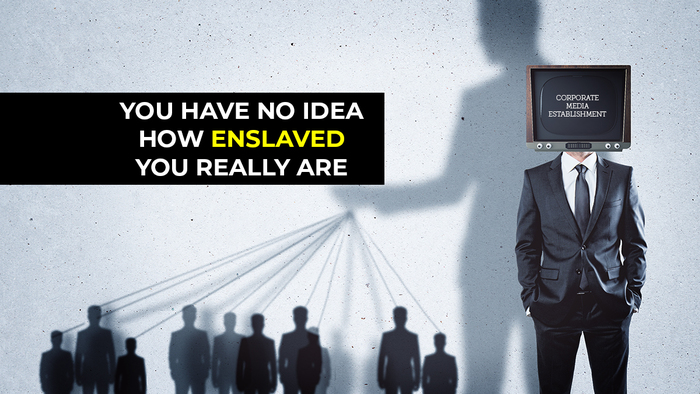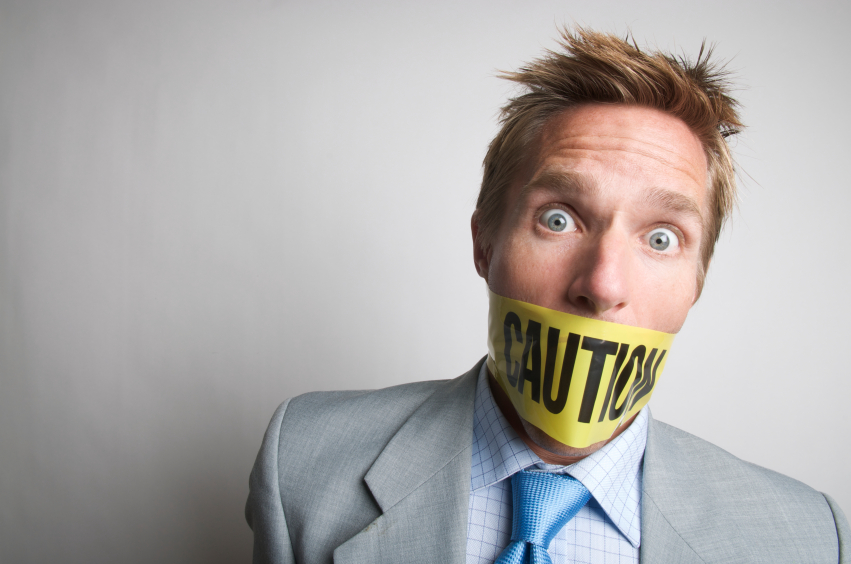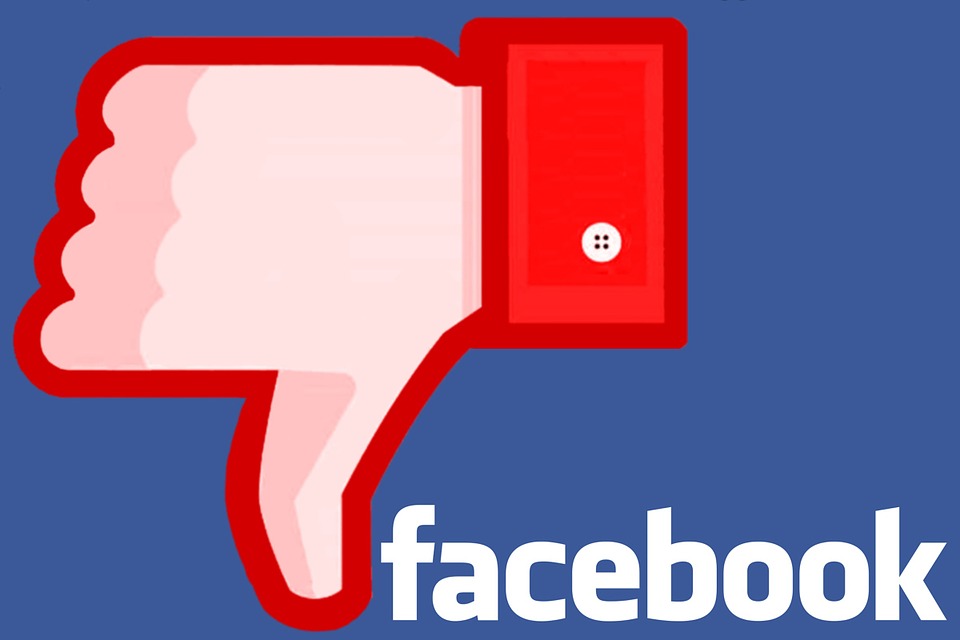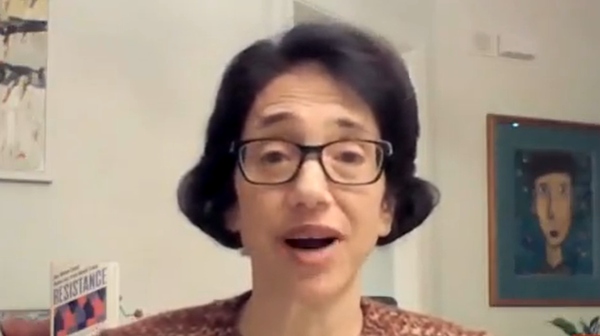Press freedom advocates denounce Hong Kong authorities over raid of pro-democracy newspaper headquarters
06/20/2021 / By Nolan Barton

International groups advocating freedom of the press on Thursday, June 17, denounced Hong Kong authorities after local police raided the headquarters of a prominent pro-democracy newspaper.
The raid resulted in the arrest of five directors of Apple Daily, including Editor-in-Chief Ryan Law, Associate Publisher Chan Pui-man and Digital Platform Director Cheung Chi-wai. Also arrested were Cheung Kim-hung and Royston Chow, chief executive officer and chief operating officer of the paper’s publishing firm Next Digital.
Apple Daily executives may face life imprisonment
They were accused of violating Article 29 of the law, which bans “collusion with a foreign country or with external elements to endanger national security.” The collusion charge carries a maximum penalty of life imprisonment.
“The arrests of five executives at the pro-democracy Apple Daily today under Hong Kong’s Orwellian National Security Law destroy any remaining fiction that Hong Kong supports freedom of the press,” Steven Butler, Asia program coordinator of the Committee to Protect Journalists (CPJ), said in a statement.
“China, which controls Hong Kong, may be able to eliminate the paper, which it sees as an annoying critic, but only at a steep price to be paid by the people of Hong Kong, who had enjoyed decades of free access to information.” (Related: Massive protests rock Hong Kong as citizens reject ‘fake democracy’ controlled by communist China.)
China and Hong Kong are in it together
Hong Kong Democracy Council (HKDC), a nonprofit based in Washington, issued a statement criticizing both the Chinese government and the pro-China Hong Kong government.
“Hong Kong has been left with little free speech under the NSL (national security law), which aims to silence all dissent. Today’s arrests mark yet another step toward remaking Hong Kong in Beijing’s liking,” said Victoria Hui, an HKDC board member.
Samuel Chu, HKDC’s managing director, said that Hong Kong journalists were being targeted for defending the freedom of the press. “No regime can totally suppress the truth and truth-tellers,” Chu said.
The Hong Kong Journalists Association said in a statement that the security law had been “weaponized” against the press while international human rights groups also condemned the police action.
New low in bottomless assault on press freedom
“This raid and the arrests are a new low in what seems to be a bottomless assault on press freedom,” Sophie Richardson, China director at Human Rights Watch, told NBC News. “It has nothing to do with enforcing the law and everything to do with political retribution.”
Amnesty International also called the arrests “deeply disturbing” and warned they could have profound implications for other media outlets in Hong Kong.
“With this latest brazen attack on one of its fiercest media critics, the Hong Kong authorities are ramping up their crackdown on press freedom and using the pretext of ‘national security’ to justify it,” Yamini Mishra, Amnesty’s Asia-Pacific regional director, said in a statement.
Second raid at Apple Daily headquarters in less than a year
It marked the second raid at the paper’s headquarters in less than a year. Hong Kong police officers also stormed the newsroom in August 2020, shortly after the national security law went into effect.
The raid is the latest setback for free speech in the territory and represents another blow for Apple Daily founder Jimmy Lai, who is a staunch critic of China. Lai is currently serving a sentence for taking part in illegal assemblies, including mass pro-democracy protests in 2019.
The newspaper vowed to “do its best to publish as usual” in articles posted on its website detailing the incident, which they said happened around 7:30 a.m. local time (7:30 p.m. ET) and involved 500 police officers and the confiscation of 38 computers. (Related: Hong Kong Epoch Times host threatened by Chinese police after exposing organ harvesting.)
“Today’s Hong Kong feels unfamiliar and leaves us speechless. Nevertheless, the staff of Apple Daily is standing firm,” the paper said in an open letter to its readers.
The early morning raid was captured by staff and journalists. They posted footage and photos online showing police sitting at computers in the newsroom, sifting through papers and taking away boxes in a van.
Police froze assets of companies linked to Apple Daily
Hong Kong’s Secretary for Security John Lee described the Apple Daily newsroom as a “crime scene.” The operation was aimed at those who use reporting as a “tool to endanger” national security and not at the media industry as a whole, he told reporters.
“Normal journalists are different from these people. Don’t collude with them,” Lee said, adding that police had also frozen HK$18 million ($2.3 million) of assets owned by three companies linked to Apple Daily.
The National Security Law was passed in June last year, signed by China’s President Xi Jinping and formally adopted by Hong Kong Chief Executive Carrie Lam. The security law punishes anything deemed as subversion, secessionism, terrorism and collusion with foreign forces.
Lam has previously said it was necessary for Hong Kong’s security and would not affect legitimate rights and freedoms or erode the territory’s autonomy. But many countries, including the U.S., viewed the law as a tool to suppress dissent and a means for China to assert its authority over Hong Kong further.
Tsui Lokman, an assistant professor of journalism at the Chinese University of Hong Kong, told NBC News that Apple Daily was being made an example and that the charges were deliberately vague. “This will further instill a culture of self-censorship in Hong Kong,” he said. “Every news organization will now know that if you do not self-censor, the authorities can come after you.”
Follow FreePress.news for more news and information related to press freedom.
Sources include:
Tagged Under: Apple Daily, Censorship, China, collusion charges, communism, crime scene, evil, free press, free speech, Hong Kong, illegal assemblies, media industry, media outlets, national security, National Security Law, news media, Next Digital, oppressed, press freedom, secessionism, subversion, terrorism, Twisted, Xi Jinping
RECENT NEWS & ARTICLES
COPYRIGHT © 2018 SPEECHPOLICE.NEWS
All content posted on this site is protected under Free Speech. SpeechPolice.news is not responsible for content written by contributing authors. The information on this site is provided for educational and entertainment purposes only. It is not intended as a substitute for professional advice of any kind. SpeechPolice.news assumes no responsibility for the use or misuse of this material. All trademarks, registered trademarks and service marks mentioned on this site are the property of their respective owners.




















